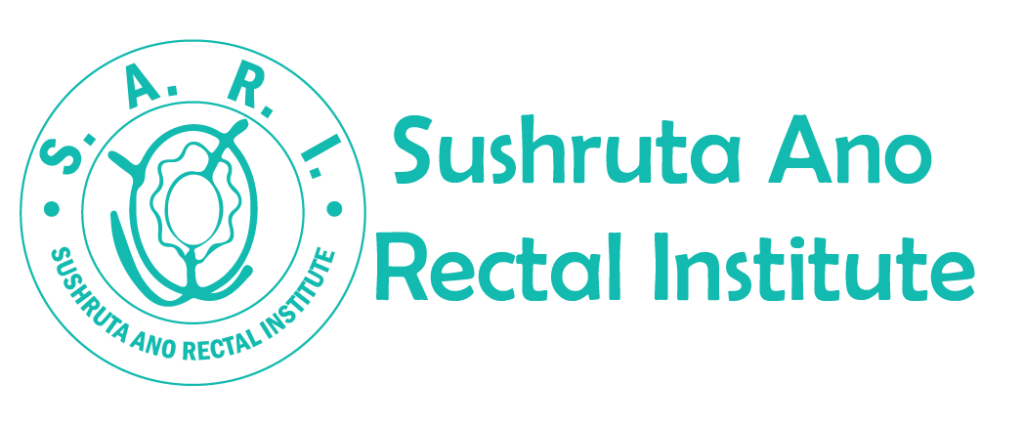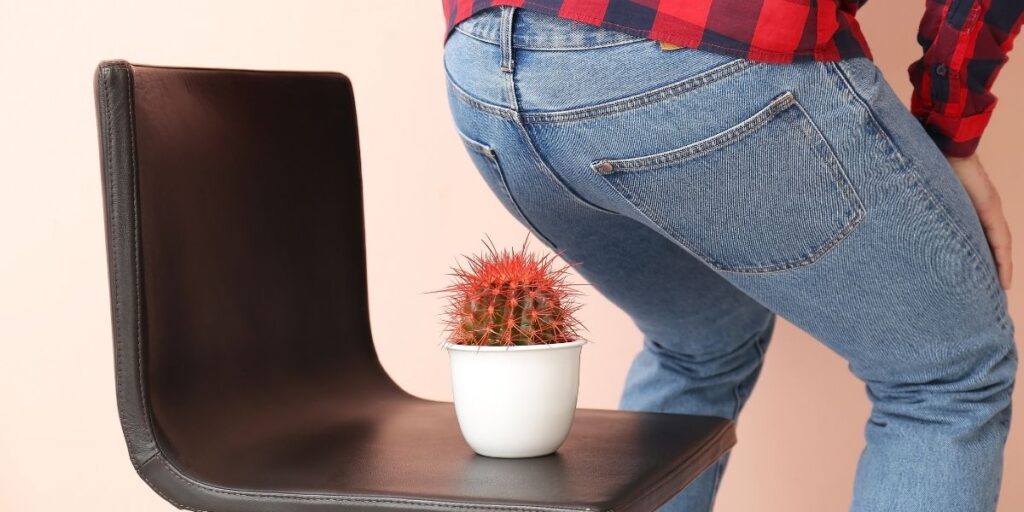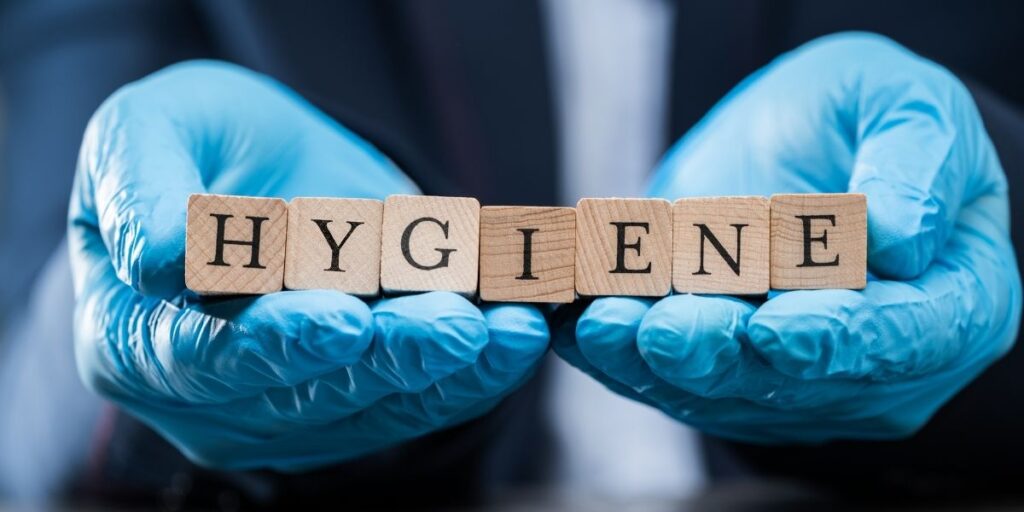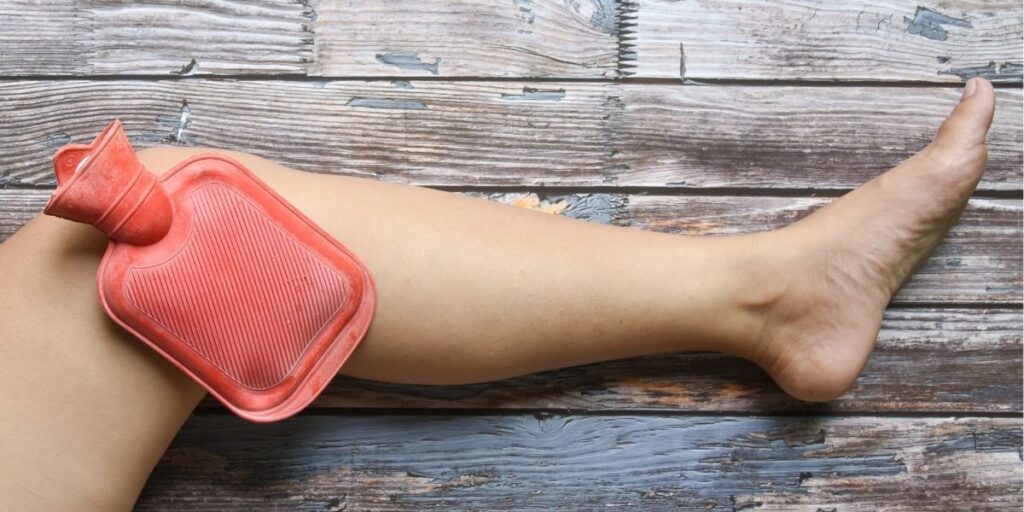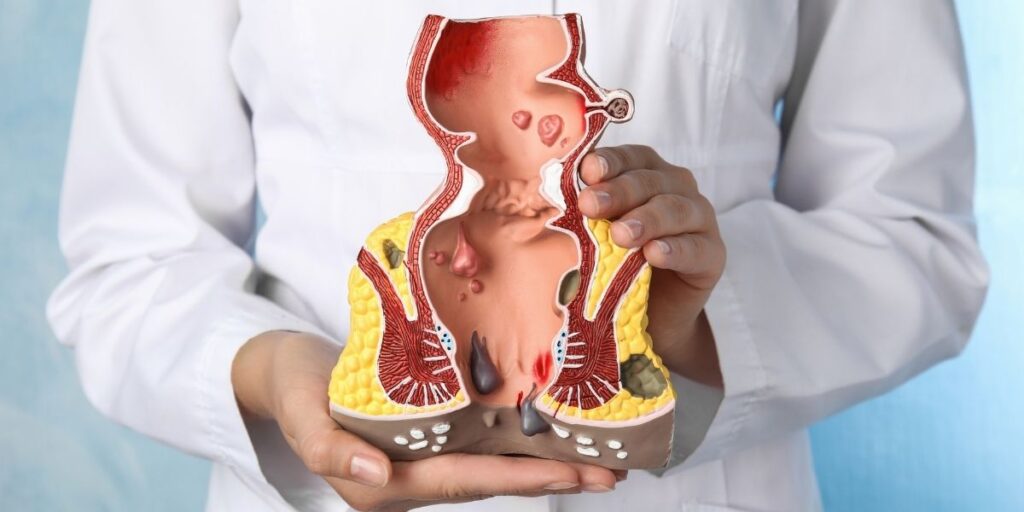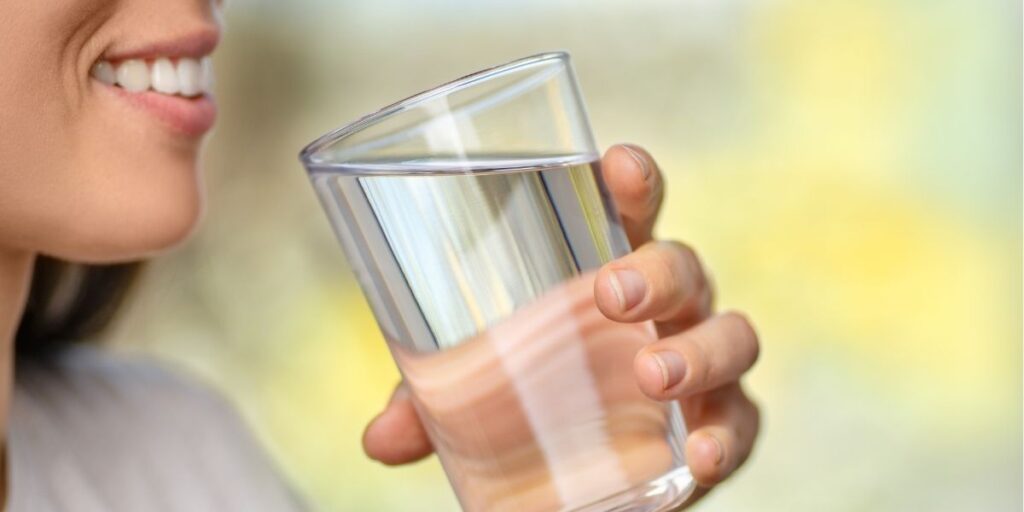Top 5 Exercises for Fissure Relief and Healing
- January 21, 2025
Introduction
Anal fissures, small tears in the lining of the anus, can cause significant discomfort and pain. While medical treatments are available, incorporating specific exercises into your routine can greatly contribute to fissure healing and alleviate discomfort. Here, we explore the top 5 exercises to support the best way to heal anal fissure, providing relief from fissure pain and enhancing overall recovery.
1. Kegel Exercises

Kegel exercises are highly beneficial for anal fissure natural treatment. These exercises focus on strengthening the pelvic floor muscles, which support the anal area. By improving muscle tone, Kegel exercises can reduce strain on the fissure, aiding in fissure healing.
How to Perform Kegel Exercises:
- Locate the right muscles: Identify your pelvic floor muscles by stopping urination midstream.
- Contract and Hold: Tighten these muscles for 5-10 seconds, then release.
- Repeat: Aim for 10-15 repetitions, three times a day.
These exercises help improve blood flow and reduce pressure on the anal area, making them the best exercise for fissure relief.
2. Gentle Stretching

Incorporating gentle stretching into your routine can significantly benefit anal fissure exercise. Stretches improve flexibility and blood circulation around the anal region, which helps reduce tension and promotes healing.
Recommended Stretches:
- Hip Flexor Stretch: Kneel on one knee with the other foot forward. Lean slightly forward to stretch the hip flexors and hold for 20-30 seconds. Switch sides.
- Child’s Pose: From a kneeling position, stretch your arms forward and lower your torso towards the floor. Hold for 20-30 seconds.
These stretches help alleviate fissure pain and enhance overall well-being.
3. Pelvic Floor Exercises
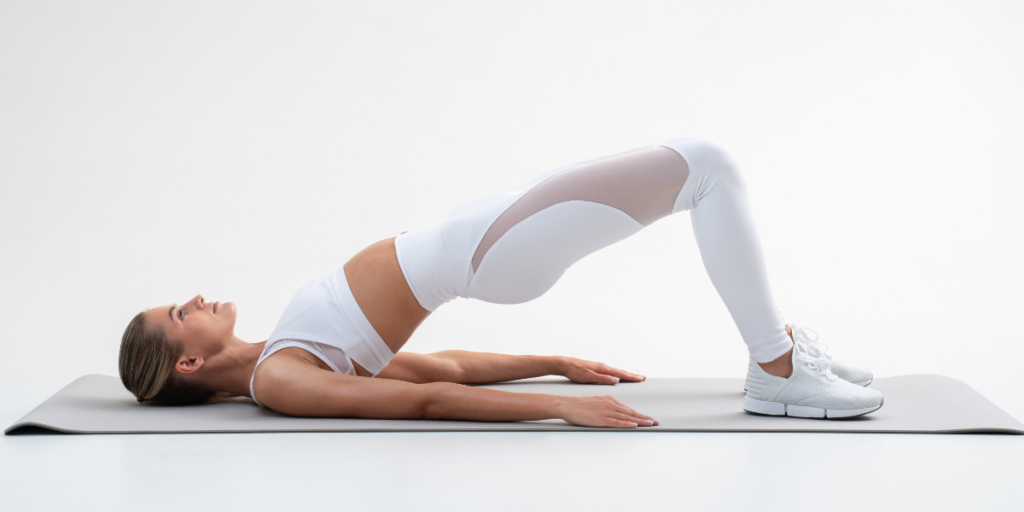
Pelvic floor exercises play a crucial role in strengthening the muscles around the anus, supporting effective anal fissure healing. These exercises help maintain good muscle tone and reduce pressure on the fissure.
How to Perform Pelvic Floor Exercises:
- Sit or Lie Down: Choose a comfortable position.
- Contract and Relax: Tighten the muscles around your anus, hold for 5-10 seconds, and then relax.
- Repeat: Perform 10-15 repetitions, three times daily.
These exercises are effective for both exercise to cure fissure and enhancing fissure healing.
4. Walking

Walking is a low-impact exercise that benefits fissure healing by improving overall circulation and promoting regular bowel movements. Regular walking helps reduce inflammation and discomfort associated with anal fissures.
How to Incorporate Walking:
- Frequency: Aim for 20-30 minutes of brisk walking daily.
- Pace: Choose a comfortable pace that does not exacerbate fissure pain.
Walking supports anal fissure natural treatment and can complement other therapeutic approaches.
5. Squats

Squats are beneficial for strengthening the lower body muscles and enhancing blood flow to the anal region. They help support the pelvic floor and reduce discomfort associated with anal fissures.
How to Perform Squats:
- Starting Position: Stand with feet shoulder-width apart.
- Lower and Rise: Bend your knees and lower your body as if sitting in a chair. Keep your back straight. Return to the starting position.
- Repetitions: Perform 10-15 squats per set, aiming for two to three sets daily.
Squats are considered one of the best exercises for fissure relief due to their effectiveness in improving muscle strength and circulation.
Integrating Exercises into Your Healing Routine
In addition to these exercises, adopting a comprehensive approach to managing anal fissures is essential. Maintaining a high-fiber diet, staying hydrated, and practicing proper hygiene contribute significantly to anal fissure natural treatment. Exercise for fissure pain, such as those listed above, can be highly effective, but it’s also crucial to avoid excessive strain during bowel movements and use topical treatments. These combined efforts can further enhance the effectiveness of your exercise routine and support overall healing.
Seeking Professional Guidance
While these exercises can support fissure relief, it’s important to consult with a healthcare professional for a tailored treatment plan. If you experience persistent symptoms or require advanced care, seek advice from the best doctor for fissure treatment in Delhi. Dr. S.K. Singh, one of the best fissure doctors in Delhi, is renowned for his expertise in non-surgical treatments and comprehensive care. With extensive experience, Dr. Singh offers effective solutions for managing anal fissures and ensuring optimal recovery.
Conclusion
Incorporating these top 5 exercises into your routine can significantly contribute to fissure healing and alleviate fissure pain. By focusing on Kegel exercises, gentle stretching, pelvic floor exercises, walking, and squats, you can enhance your recovery process and improve overall well-being. For personalized care and expert guidance, consider consulting Dr. S.K. Singh, a leading fissure specialist in Delhi, who specializes in anal fissure natural treatment and non-surgical options.
Addressing fissure symptoms with a holistic approach ensures comprehensive recovery and a better quality of life. Make sure to integrate these exercises with other recommended treatments and seek professional advice for the best outcomes.
Read More: Experience Holistic Healing the Power of Panchakarma Therapy
